Bilateral relations improved, the Japanese currency weakened, and South Korean tourists flocked to Japan because everything was cheap.
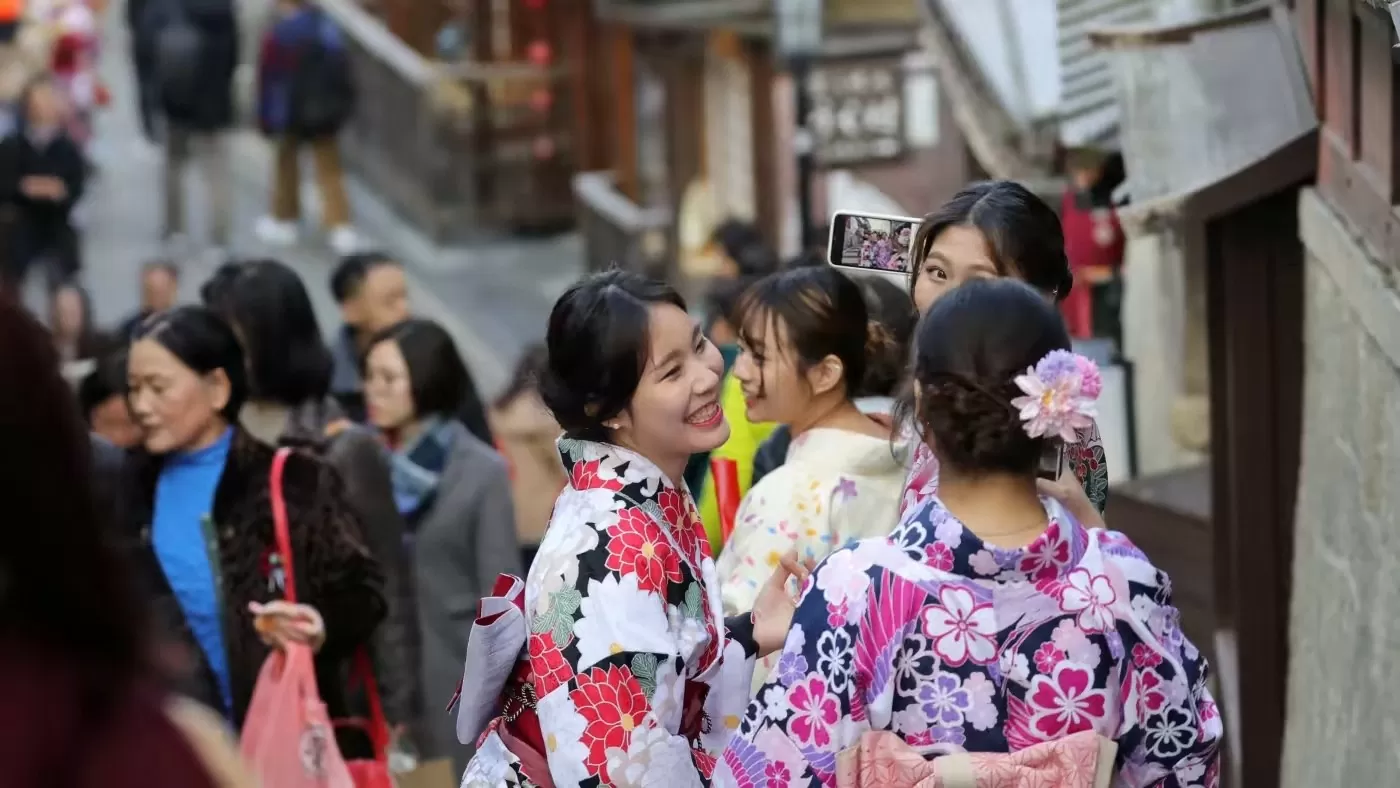 |
| A group of South Korean tourists walk around Kyoto, Japan, dressed in kimono. (Source: Nikkei) |
“I was so excited because everything was cheap. Daily goods for children were much cheaper than in Korea. I bought everything I could carry. I will come back soon,” said a Korean tourist.
According to the Japan National Tourism Organization, a total of 3.73 million tourists from South Korea visited Japan in the first five months of the year, up 1.4 times from the same period last year. About 730,000 South Koreans visited Japan in May alone, setting a monthly record.
Japan has long been a top destination for South Korean tourists, although bilateral tourism has been affected by the ups and downs of bilateral diplomatic relations.
In 2020, the Covid-19 pandemic brought the tourism industry to a standstill, with airlines suspending flights between Japan and South Korea.
Those flights have now resumed and tourist traffic has picked up significantly. According to the Ministry of Land, Infrastructure and Transport, air travelers made 10.2 million trips between South Korea and Japan from January to May this year.
Passenger traffic during the period rose 46 percent from a year earlier to an all-time high. Two-way traffic was more than double the 5.08 million trips made between South Korea and China.
Hyundai Card, South Korea's top credit card company by payment value, has teamed up with Japanese partners including e-commerce company Rakuten Group and electronics supermarket chain Bic Camera.
About 500,000 Hyundai cardholders visited Japan last year, seven times the total in 2021, according to the company's analysis of customer travel trends based on payment data. About a fifth of them went more than once.
Hyundai Card has selected services and amenities in Japan that are popular with Korean tourists to offer discounts and delivery services to cardholders. The lower costs make Japan an attractive destination today, but are subject to change depending on exchange rates and inflation.
Source: https://baoquocte.vn/du-khach-han-quoc-do-xo-den-nhat-ban-vi-moi-thu-deu-re-278574.html





![[Photo] Overcoming all difficulties, speeding up construction progress of Hoa Binh Hydropower Plant Expansion Project](https://vstatic.vietnam.vn/vietnam/resource/IMAGE/2025/4/12/bff04b551e98484c84d74c8faa3526e0)

![[Photo] Closing of the 11th Conference of the 13th Central Committee of the Communist Party of Vietnam](https://vstatic.vietnam.vn/vietnam/resource/IMAGE/2025/4/12/114b57fe6e9b4814a5ddfacf6dfe5b7f)






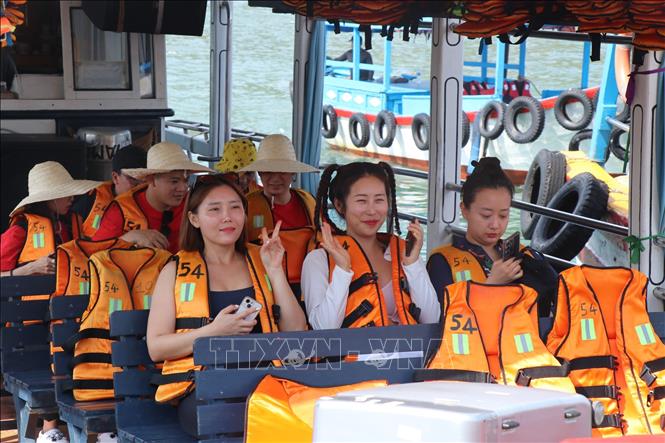






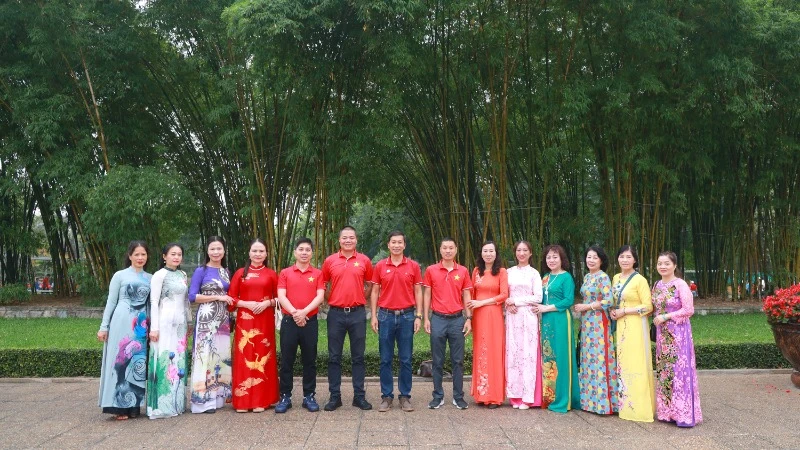





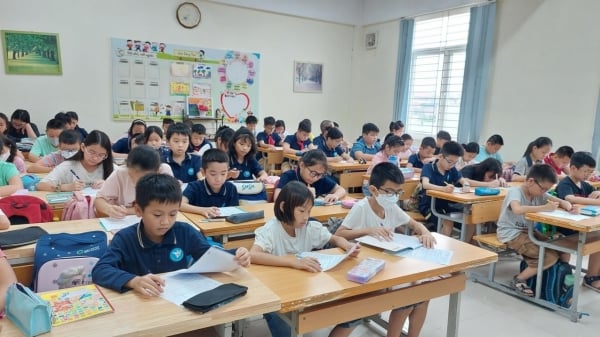




















































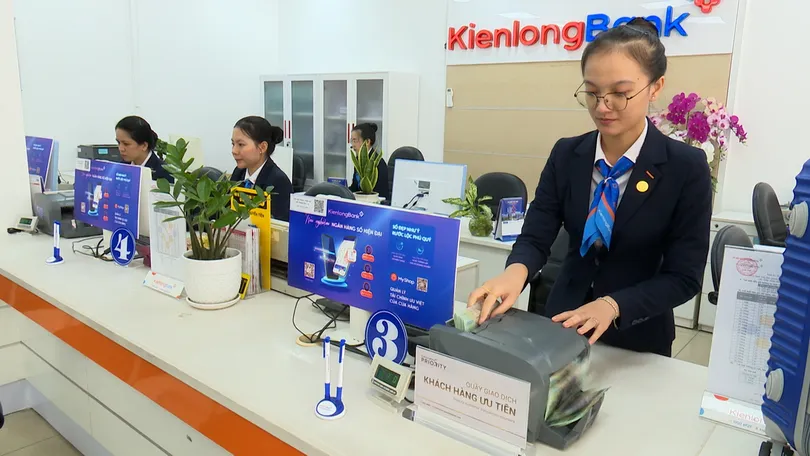
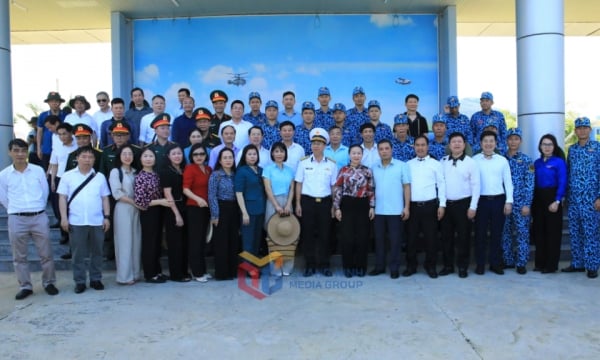













Comment (0)